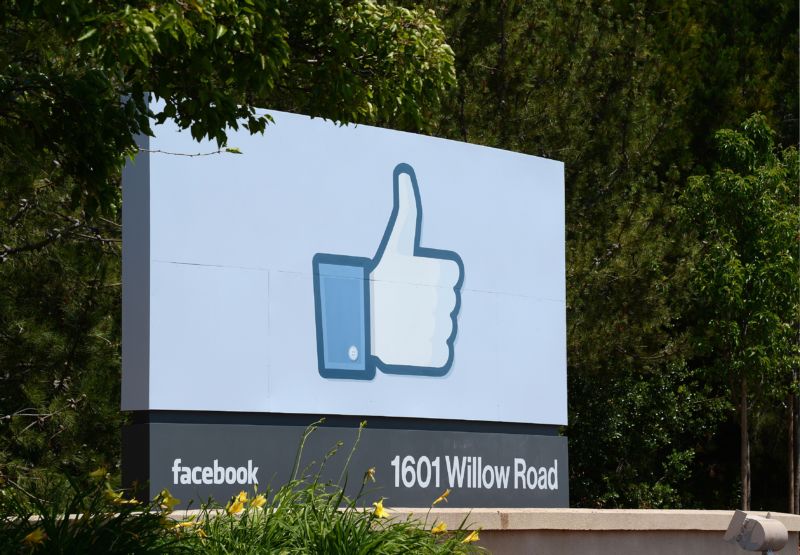
.
A federal appeals court in Virginia.
ruled all Monday that a county authorities who obstructed a resident from accessing her main Facebook page remains in offense of the First Modification.
The case– which was heard prior to the fourth United States Circuit Court of Appeals– discovered that Phyllis Randall, the chair of the Loudoun County Board of Supervisors, incorrectly obstructed a guy called Brian Davison on Facebook for 12 hours back in February 2016.
Throughout one city center conference including Randall, Davison had actually recommended that some monetary improprieties were afoot. Within hours, Davison left a prolonged Facebook post on Randall’s page, and she prohibited him. The next day, she reversed course and unbanned him, however his post stayed erased.
Chair Phyllis J. Randall.
Not long after, Davison took legal action against, declaring offenses of his humans rights, and he ultimately won at trial. The county chair then attracted the fourth Circuit, which eventually ruled that Randall’s Facebook page “bear[s] the trademarks of a public online forum,” where public speech– nevertheless unfavorable– can not be victimized.
Prior To the fourth Circuit, Davison was represented by attorneys at the Knight First Modification Institute at Columbia University, a company that is likewise representing users obstructed on Twitter by President Donald Trump. That case stays on appeal prior to the second Circuit.
” The Supreme Court ought to think about even more the reach of the First Modification in the context of social networks,” United States District Judge Barbara Milano Keenan composed in a concurrence, looking for more assistance in scenarios connected to this one.









